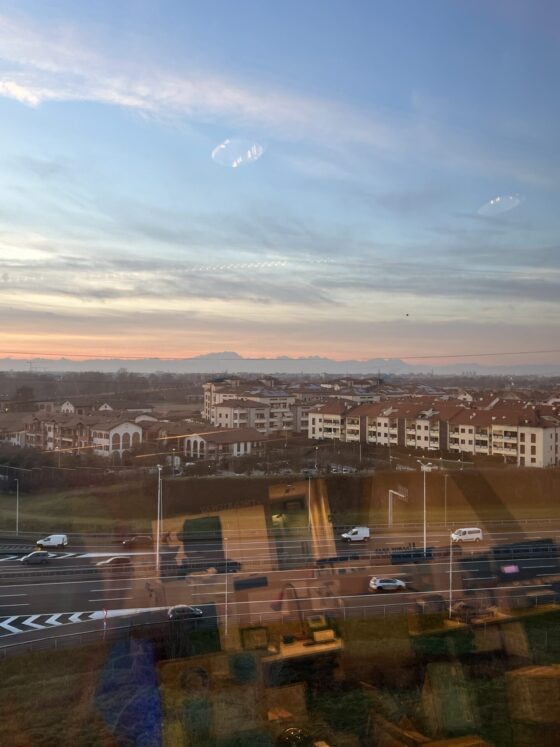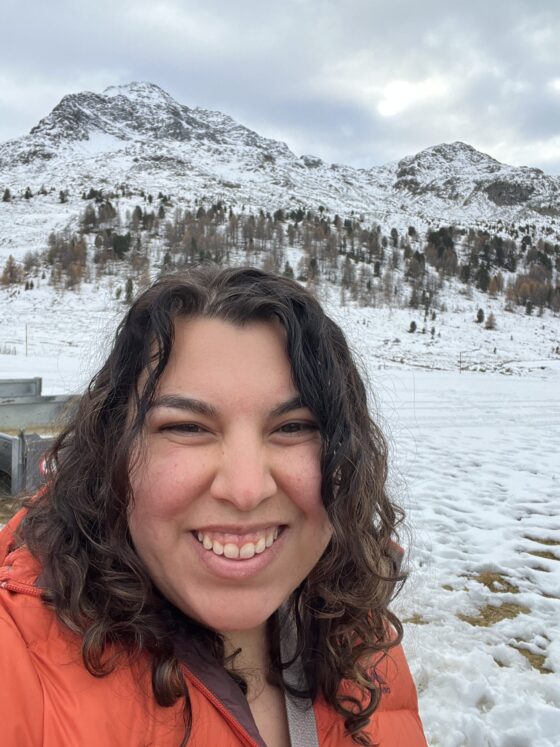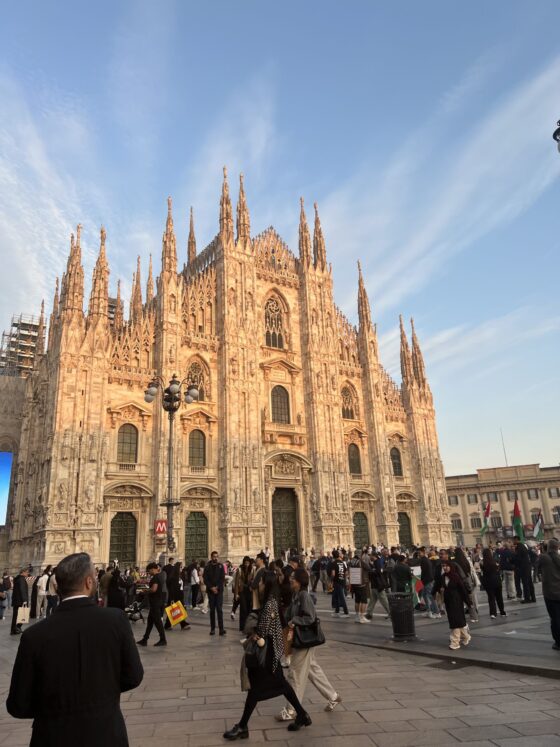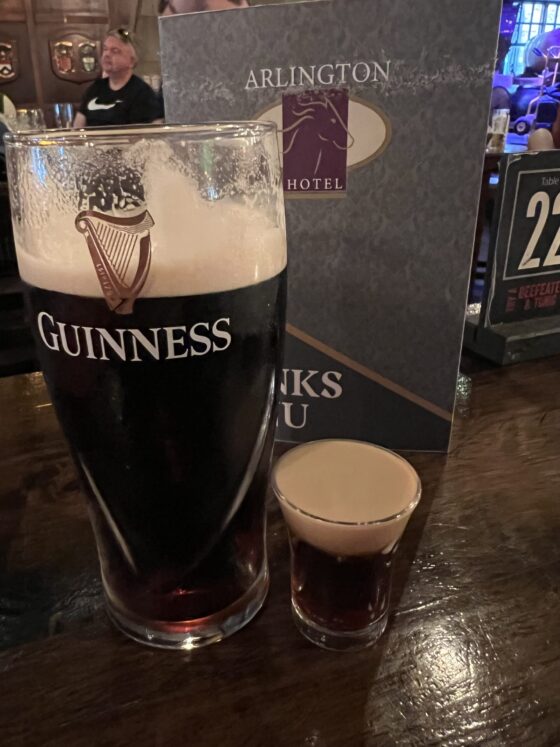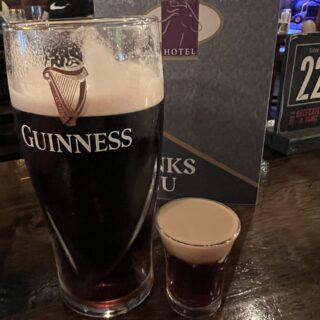
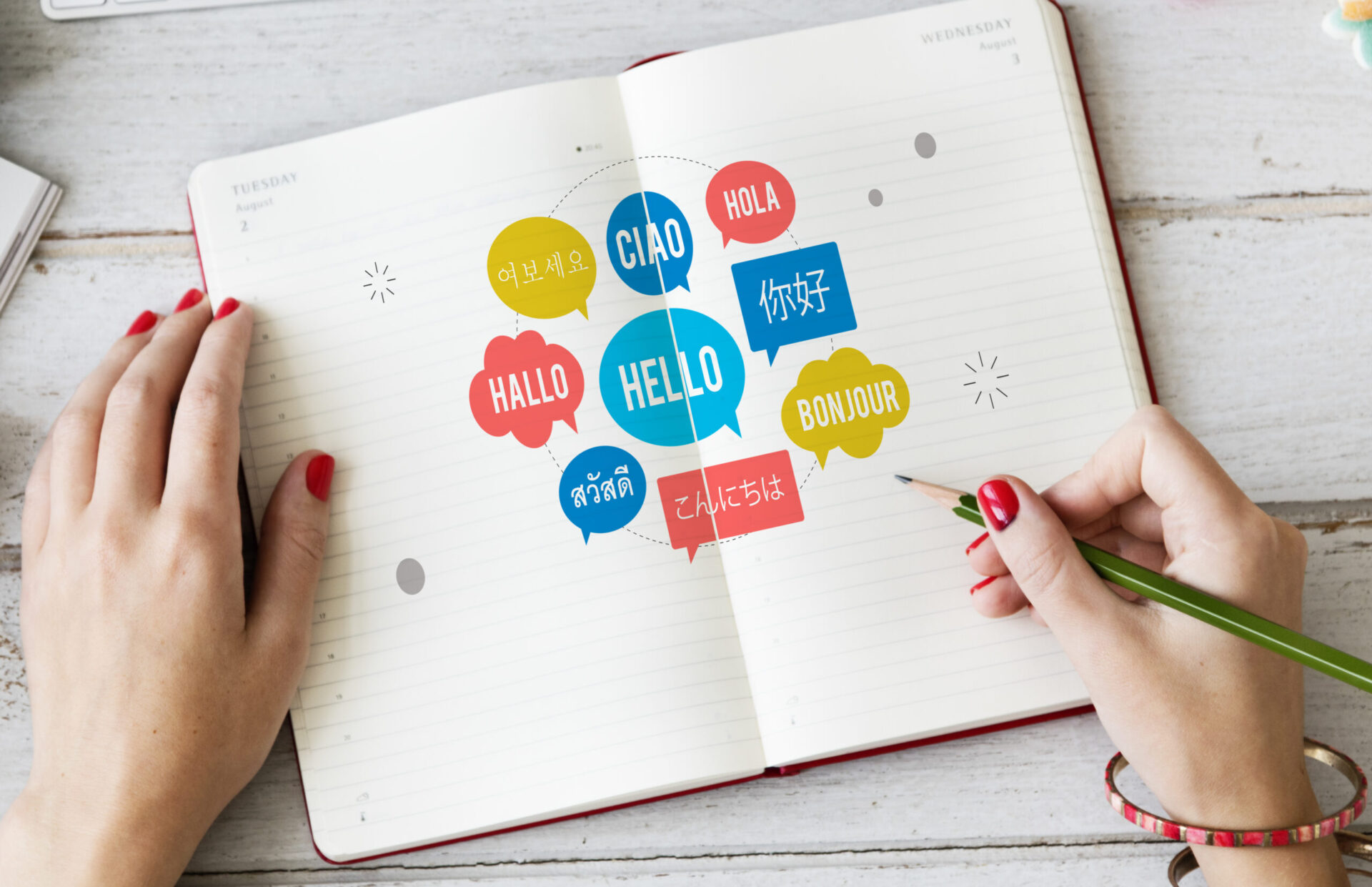
Navigating language barriers
Language. Probably the trickiest thing when you’re traveling overseas. My rule of thumb is to try and learn the basics in the native language:
- Hi
- Bye
- Please
- Thank you
- Bathroom
- Check
I feel like if I can do these simple words, then I can get around any country ok. When I was younger it was definitely more difficult as Google Translate was not at the level that it is now and AI did not exist. Now, I feel more confident learning these simple terms and then using my phone to help me translate if needed.
However, remember when I said I don’t do anything half-assed? My very first time going overseas, my tour guide spoke 7 languages fluently due to her job. My great-uncle spoke 12 fluently due to his job. Meanwhile, I was just barely learning my second language of Spanish in high school. Again, I felt small and decided to challenge myself to learn an additional 4 languages besides English.
The languages I can speak more or less are English, Spanish, Italian, and Chinese. I tried German for a bit when I worked for Rittal and thought I might try Swedish now that I work for Axis, and I do know a few words in Japanese from watching anime, but nothing has really interested me for my 4th additional language. To be honest, it’s difficult enough keeping up with the other 3 that I might just keep focusing on these.
For this post though, I thought I would share a couple of stories from issues I’ve faced in the past and how I overcame them. In some cases it’s not always about them speaking their native language. Sometimes it’s really just the accent.
If we spoke a different language, we would perceive a somewhat different world.
Ludwig Wittgenstein
01.
This or that
When I first got to China, it was really hard to navigate the language. I greatly underestimated how well I knew the language when I first came over. Having the classes twice a week helped and chatting with my food stall buddy really helped as well, but it still took time to get to that point. I needed something to help me bridge that gap. My 6 basic words weren’t enough anymore. I needed a few more phrases if I wanted to eat or get something out of reach or behind a counter. I learned that I could get what I wanted if I learned the phrases “this one” or “that one” or “zhè ge” or “nà gè”. This was pretty frustrating for me, because I wanted to do better than just speaking simple terms. I was going to be living here for at least 4 months.
As soon as I learned that a majority of people in China are also not very literate, it made me feel a bit more comfortable speaking the language and I didn’t feel so bad for only knowing and speaking a few phrases over and over again. Eventually I started adding more complicated phrases and words to my sentences.
02.
Eyes?
As I was waiting to get into L’Academia to see the Statue of David in Florence in the middle of June, a very nice looking Italian man was running past and shouted at me “You have nice eyes!” But I heard a very different phrase because of the accent. When I shouted “thank you” and repeated the body part I thought he was commenting on, I got some very strange stares back at me from tourists and locals – including him. Which thinking back on it now, that’s pretty strange in itself. #whoops
Just because they have an accent when they speak English, don’t be afraid to ask them to repeat themselves if you can’t understand. I’ve had to do this so many times it’s embarrassing, but I won’t be embarrassed like that again, so I’d rather do it quietly than shouting it across a busy street in Florence.
03.
Trying makes all the difference
Whenever I speak Spanish or Italian, I’m always met with the friendliest people. I know Italians truly appreciate it when you enter their shop and say “Buongiorno!” to them. You don’t even need to say anything else. Just saying that means so much to them. I’ve felt that same way whenever I’ve gone to a Spanish speaking country in the Caribbean or even Spain.
I can think of a time when I was in the South of Italy and because I spoke a few words of Italian, the shop owner of this ceramics shop I was in gave me a free gift just because. Another time, I was in a restaurant and we got free shots of tequila because they liked us so much and were able to speak a little with them. I don’t learn these words/phrases so I get something out of it, but it’s always a nice little perk.
I think if you can take the time to put yourself in another’s shoes for a little, it goes a very long way. We need to remind ourselves that the United States was built on immigrants that spoke different languages that all had to learn English at one point. Polish, German, Irish, Italian, Swedish, French, Chinese, Vietnamese, Mexican, you name it. Hopefully when you go visit their country and have to deal with the language barrier and come back home, it humbles you a little into what their ancestors had to do when they came here. I’m not saying you need to be fluent, but try a few words and know that there’s tools out there to help you get through!


